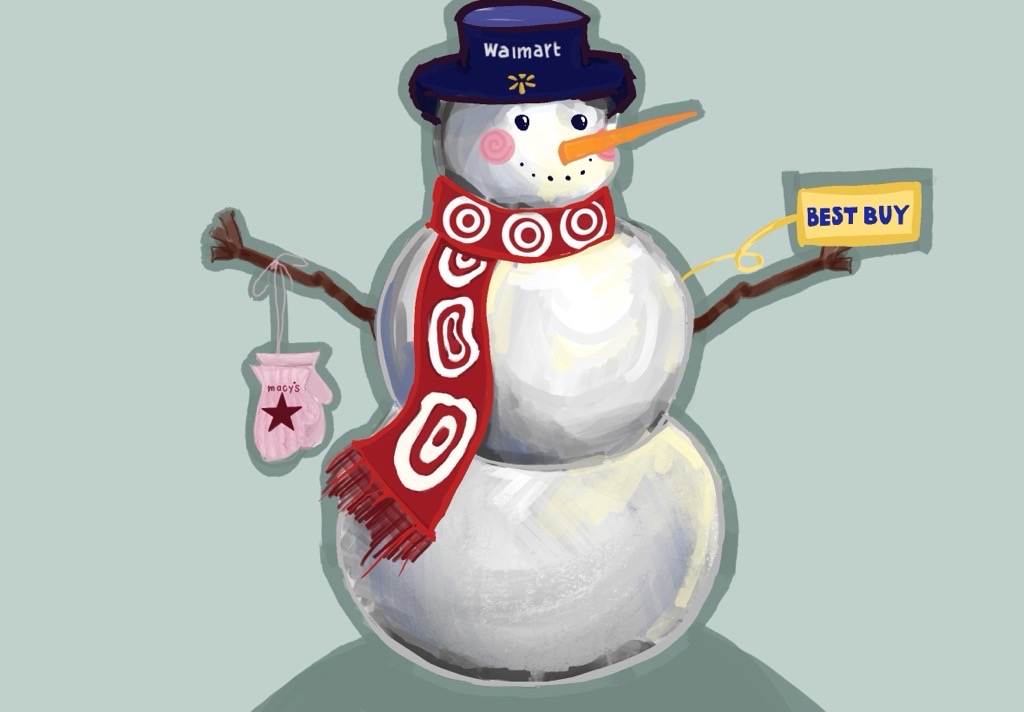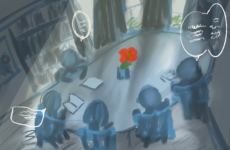
By Nilan Kathir ’25
As winter break approaches, the air at Choate has filled with holiday spirit from Christmas, Hanukkah, Kwanzaa, and more. These holidays are very important to their respective religious communities, but in recent years, the nature of these holidays has changed. By moving away from the religious or culture-based origins of these celebrations, the commercialization of the holidays has allowed them to be celebrated among a larger community while saving more religious traditions for more familial settings. The modern way we celebrate holidays has created a more inclusive environment and fostered connection amongst those across many backgrounds.
At Choate, we see this secularization with events such as Tiz the Season — a gathering outside Lanphier Center with holiday music, hot cocoa, and other treats — and the Holiday Ball. Another example is the paths lined with string lights and green wreaths that we are bound to see when walking outside in Wallingford in December.
The festive season is filled with holidays that are rooted in religious tradition, which is a beautiful facet that must be preserved; however, in a large community with students, faculty, and staff from all walks of life, it is important to be inclusive. Choate’s secularized celebrations enable connection between those from different cultural backgrounds..
Commercialization accomplishes this feat by toning down specifics of holiday origins and practices in public settings. For example, during the holiday sing-along in Colony Hall, we sing songs such as “Frosty the Snowman” and “Jingle Bells,” which are both relatively secular. We do not sing songs such as “O Come, O come, Emmanuel” or “Angels We Have Heard on High,” because these may be uncomfortable to sing for non-Christian community members. More “commercial” music at events like these ensure that we can all sing and celebrate together as a diverse community.
Furthermore, the societal capitalization of holidays – our cultural obsession with making holiday purchases – allows for community-building at Choate. The holiday season has evolved to become just as much about gift-giving, decorations, and friendly gatherings as its religious practices. People who do not share similarities in religious background are exchanging gifts, setting up lights, singing carols, and enjoying the holiday season as a whole rather than performing religious rites.
However, the commercialization of holidays does not detract from the “true meaning” of them either. It simply reserves the underlying traditions of the festivities to smaller settings with family and close friends. Choate students, faculty, and staff who seek to celebrate the original meanings of holidays still can do so when they go home or even on campus through religious and cultural gatherings and events, such as Lessons and Carols or candle-lighting ceremonies hosted by Hillel.
Societal standards have evolved to celebrate holidays more secularly in public settings, and the application of these standards to Choate has proven beneficial; it is not a dilution of tradition, but rather a catalyst to promote inclusivity and a strong sense of community.




